In the evolving landscape of mental health care, virtual reality (VR) therapy is transforming how anxiety disorders are treated. By creating immersive experiences, VR therapy offers innovative solutions for anxiety management, going beyond traditional methods to provide personalized and effective treatment.
Recent advancements in technology have significantly impacted mental health care, making it more accessible and personalized. Digital platforms, artificial intelligence (AI), and VR are reshaping this field, with VR therapy leading the way by providing tailored therapeutic experiences that meet individual needs. According to a recent article, these technologies are crucial in this transformation.
VR therapy for anxiety, particularly through virtual reality exposure therapy, allows patients to confront fears in a safe, controlled environment. This immersive therapy not only aids in desensitization but also empowers individuals by offering coping mechanisms. Beyond exposure, VR integrates cognitive restructuring techniques that result in lasting mental health improvements.
Virtual reality cognitive therapy enhances traditional therapeutic methods by providing deeper cognitive restructuring. Studies, such as one discussed in Frontiers in Psychology, have shown that VR treatment for anxiety disorders significantly improves outcomes by facilitating immersive experiences that are both interactive and engaging.
One of the key benefits of VR therapy is its ability to create realistic simulations that help patients practice coping strategies in real-time. For instance, patients with social anxiety can participate in virtual social situations, gradually increasing their exposure and reducing anxiety levels. This approach accelerates progress and increases accessibility for those seeking help.
The Role of AI and Virtual Companions
The integration of AI in virtual reality therapy opens new possibilities for mental health support. AI-driven virtual companions are becoming vital tools in alleviating symptoms of anxiety disorders by providing 24/7 support, guidance, and reassurance to patients. Learn more about virtual companions' impact on mental health.
AI-driven platforms can also personalize treatment plans based on individual progress and responses, ensuring that therapy is tailored to each patient's unique needs. As generative AI continues to evolve, its potential in enhancing virtual reality therapeutic techniques becomes increasingly apparent.
As virtual reality therapy becomes more prevalent, therapists face the challenge of providing pro-bono work without risking burnout. Balancing ethical obligations with personal well-being is crucial. Here are six ways therapists can offer pro-bono services sustainably:
Time Management: Allocate specific hours for pro-bono work to prevent overcommitment.
VR Therapy Effectiveness: Case Studies and Success Stories
Numerous case studies highlight the effectiveness of VR therapy in treating anxiety disorders. For example, a study by the University of Oxford demonstrated that VR therapy significantly reduced symptoms of acrophobia (fear of heights) through repeated exposure in a controlled virtual environment source.
Another success story involves a patient with PTSD who utilized VR mental health therapy to safely revisit traumatic memories. By gradually confronting these memories within a virtual setting, the patient was able to process emotions and significantly reduce symptoms source.
As we look to the future, it's clear that virtual reality for mental health will continue to reshape anxiety disorder solutions. The integration of VR therapy benefits not only enriches therapeutic practices but also increases accessibility and effectiveness for millions suffering from anxiety disorders.
With ongoing advancements in technology and the continuous development of immersive therapy techniques, the potential for VR treatment for anxiety disorders remains vast. As VR therapy becomes more mainstream, it promises to revolutionize mental health care by offering innovative solutions that are both effective and accessible.
We invite you to share your thoughts on how virtual reality is reshaping mental health care. Have you or someone you know experienced VR therapy? What are your hopes for the future of anxiety treatment? Join the conversation and explore the potential of these groundbreaking techniques.


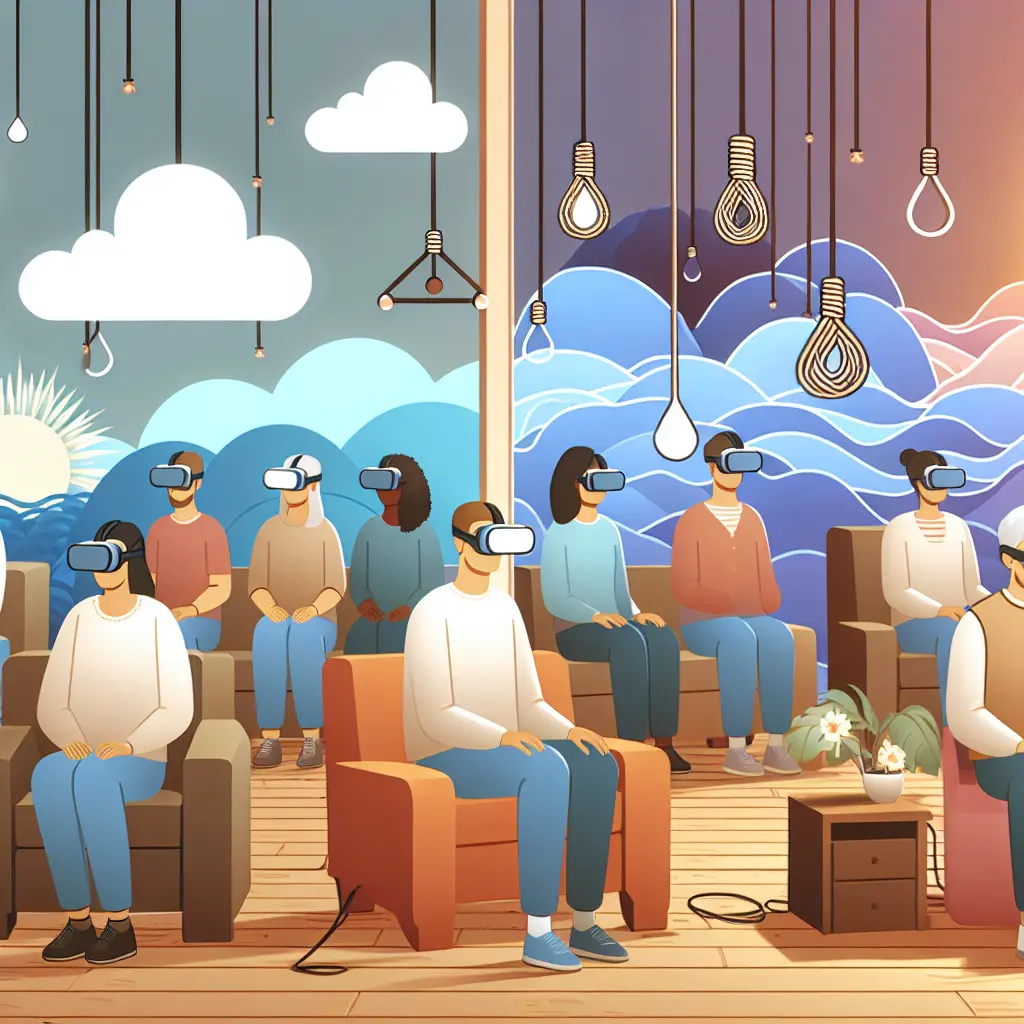

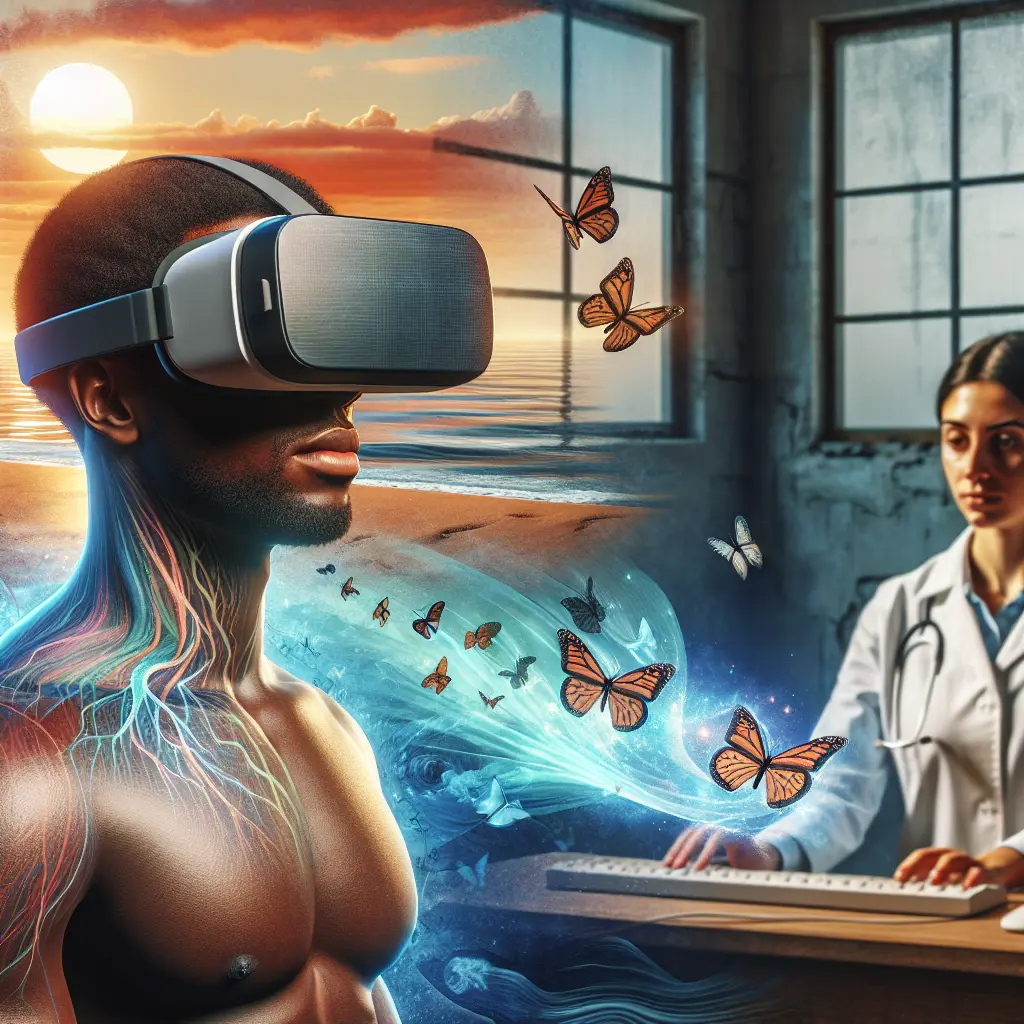
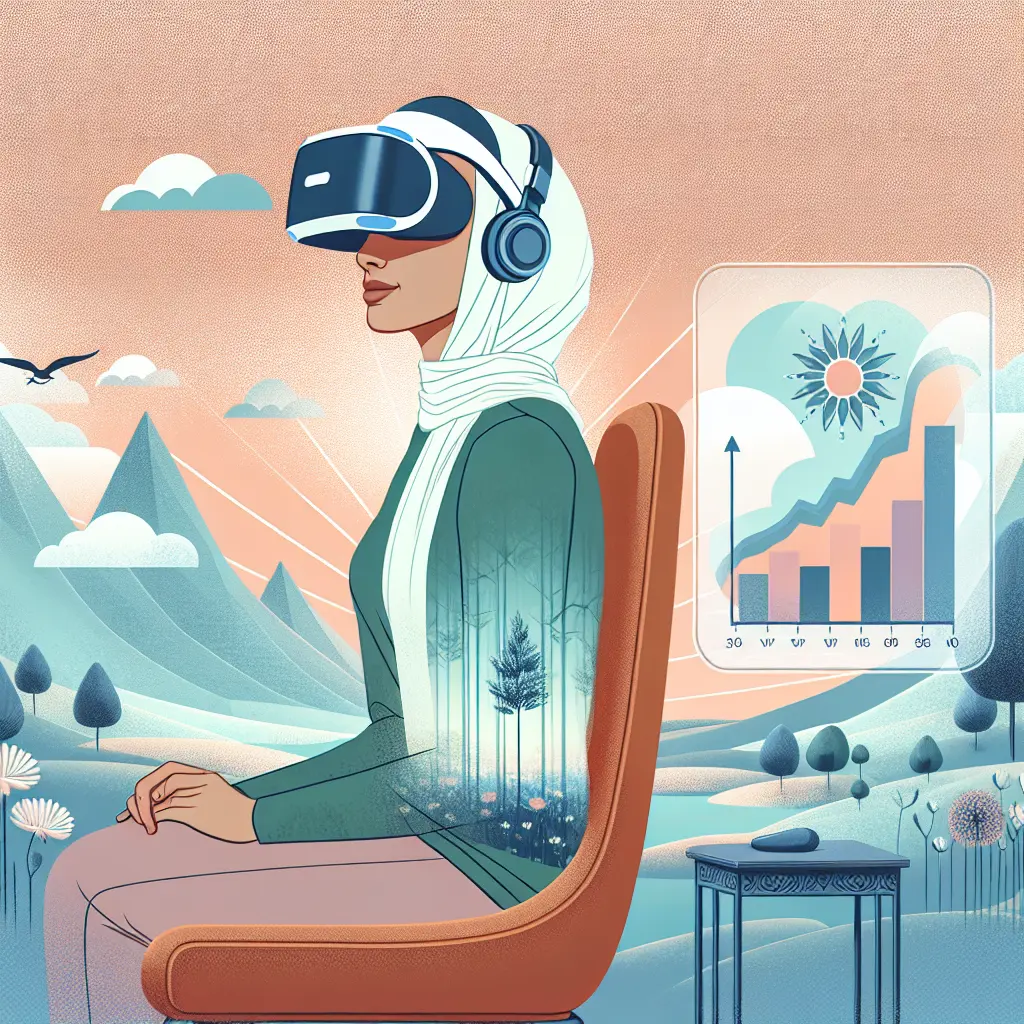

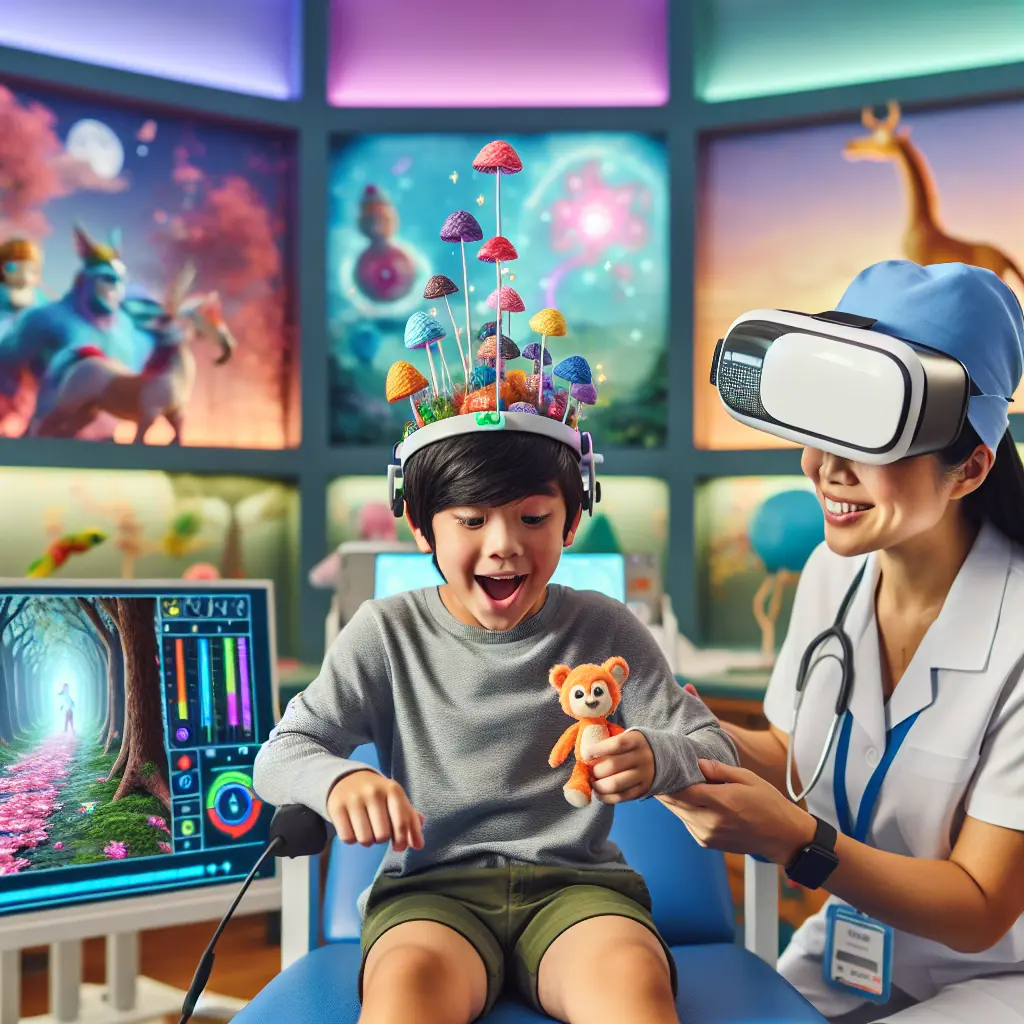

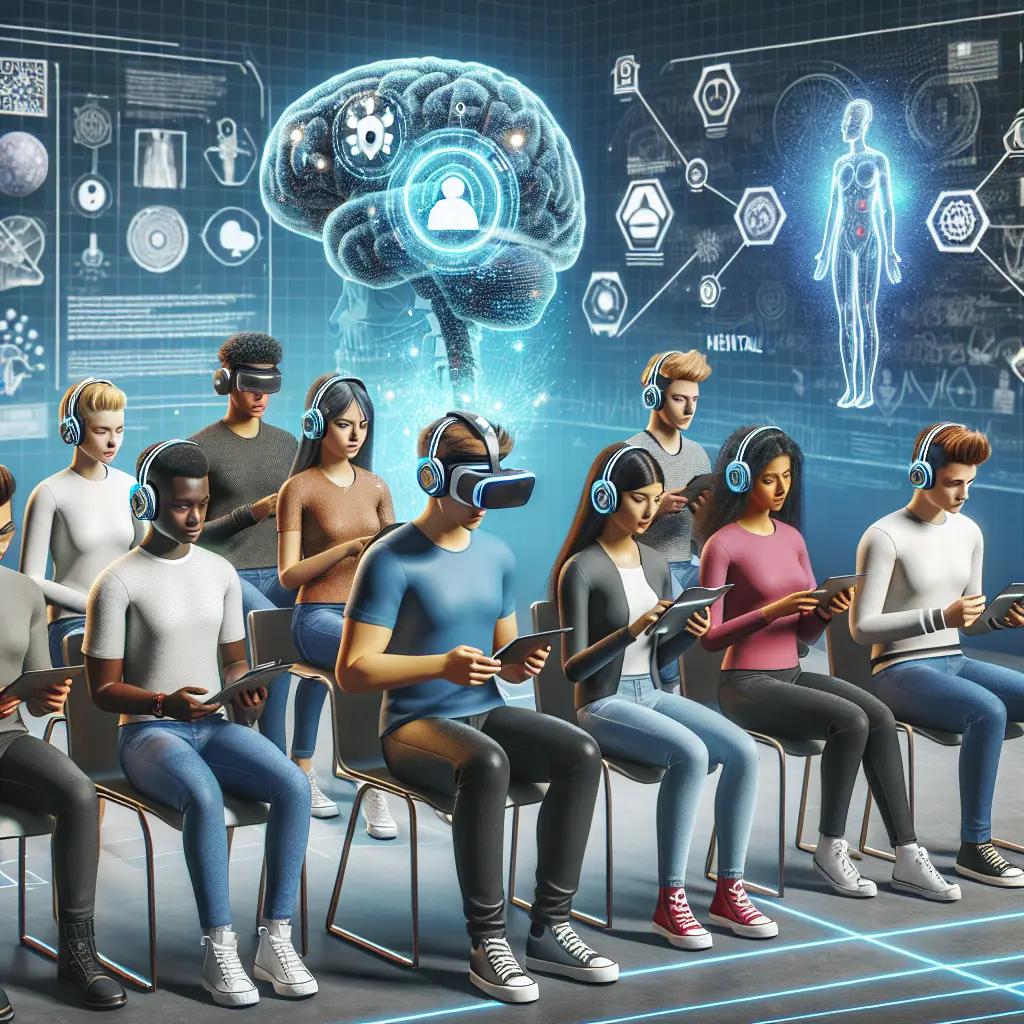
Leave a Comment